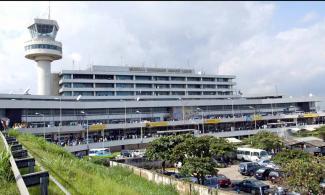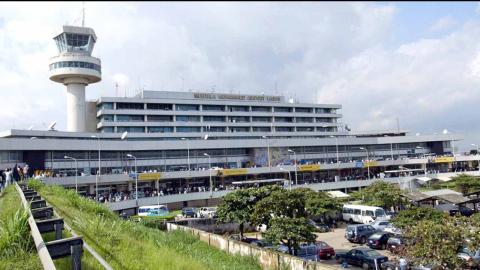
With the training, it will now be easier for the safety inspectors to carry out their duties as they relate to the issuance of AOCs to impending operators.
Barely a week after SaharaReporters exposed how some intending airline operators deceive the Nigerian Civil Aviation Authority (NCAA) to obtain the Air Operator's Certificates (AOC), 20 safety inspectors of the regulatory authority have been trained on how the staffers of the agency can further improve its screening of the nation’s airlines.
The safety inspectors of the agency were trained by officials of the International Civil Aviation Organization (ICAO).
With the training, it will now be easier for the safety inspectors to carry out their duties as they relate to the issuance of AOCs to impending operators.
The inspectors, according to Sam Adurogboye, the General Manager of Corporate Communications at the NCAA, were trained for 14 days at the annex headquarters of the NCAA at the Murtala Muhammed International Airport (MMIA) on the endorsed Government Safety Inspectors (GSI) Airworthiness Course.
He said that the course was done to ensure Airworthiness Inspectors develop additional proficiency in the processes and procedures of certifying an applicant for Approved Maintenance Organisation (AMO) and AOC.
Mr. Adurogboye said that the course covered the five phases of the certification process and the Airworthiness Inspector’s role in each phase.
He assured that NCAA would continuously embark on human capacity building initiatives through effective professional development and relevant training.
Mr. Adurogboye noted that Nigeria was a signatory to the Chicago Convention on International Civil Aviation and it is expedient for the NCAA to implement the ICAO Eight Critical Elements on safety.
He explained that the course was part of the cardinal efforts of the regulatory authority to establish, implement and sustain an effective safety oversight system in the aviation industry in Nigeria.
He also stressed that the 14-day course took 120 academic hours for the inspectors and was delivered in modules.
According to him, part one of the course covered the AMO’s Certification and it consisted of eight modules while part two covered AOC’s certification and contained 11 modules.
Mr. Adurogboye added that each part covered the five phases of certification: Pre-Application, Formal Application, Document Evaluation, Demonstration/Inspection and Certification phases.
He added: “Each module commences with a traditional lecture, covering the concepts and procedures for each inspector’s task within each certification phase.
“It concluded with a mastery test which provided the trainees with an opportunity to apply what they learned under simulated conditions."
